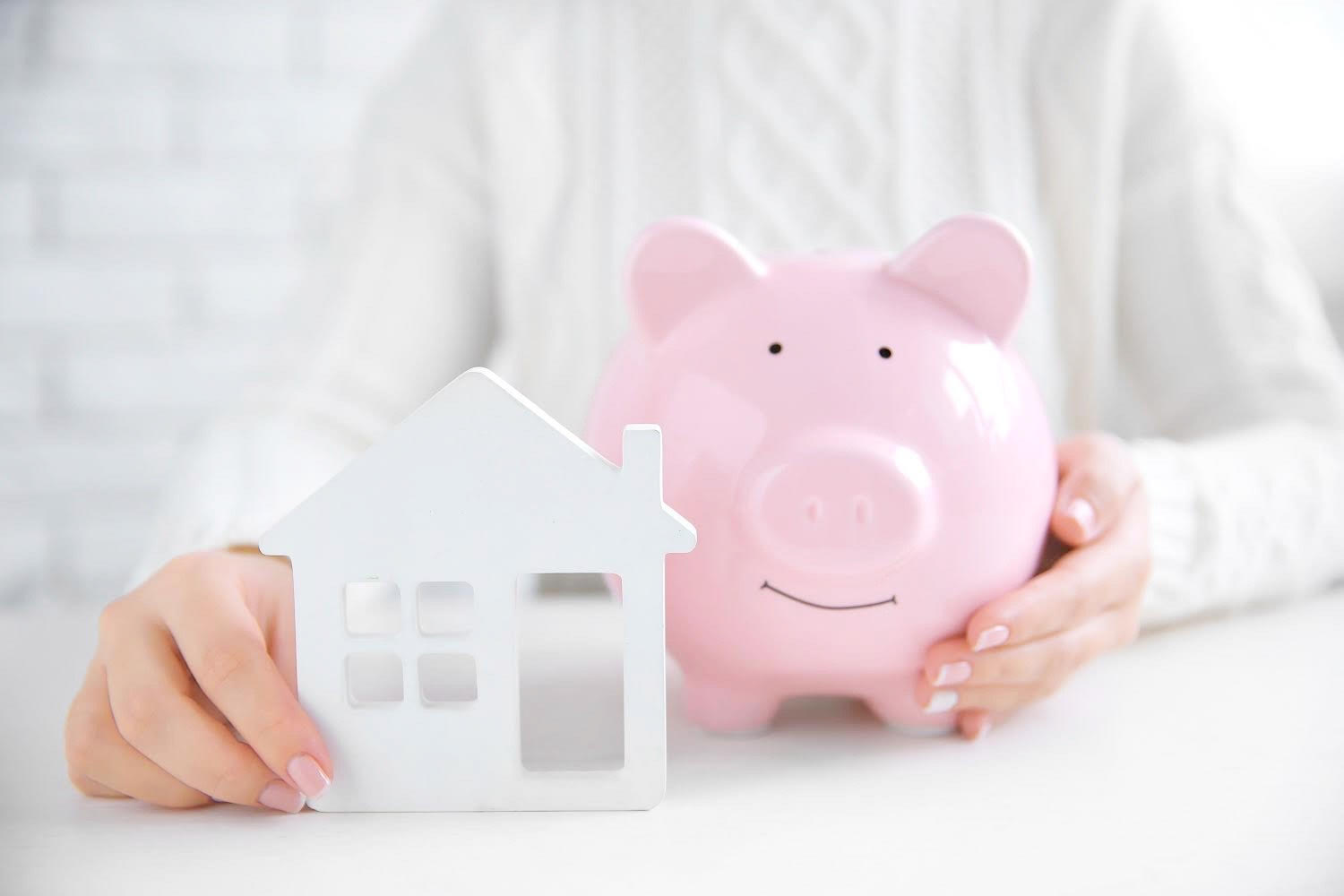
Debt can be a heavy burden to bear, and many people are looking for ways to pay it off.
One option that many homeowners consider is using their home equity to pay off their debts. This can include using a cash-out refinance, a home equity loan, or a home equity line of credit (HELOC).
But is using home equity to pay off debt a good idea?
In this post, we'll take a look at the pros and cons of using home equity to pay off debt, so you can decide if it's the right move for you.
Pro: Debt Consolidation
One of the biggest pros of using home equity to pay off debt is the ability to consolidate high-interest debts into one low-interest payment.
Consider this example. Let’s say you have credit card debt with an interest rate of 18%, and a home equity loan with an interest rate of 4%. You could save a significant amount of money in interest charges over time by paying off the credit card debt with your home equity loan. In other words, you could pay off your high-interest debts using a single home equity loan. This is known as debt consolidation.

By consolidating your debts, you can also simplify your finances by having one monthly payment to keep track of instead of multiple payments.
Con: Closing Costs
One of the cons of using home equity to pay off debt is the closing costs associated with a cash-out refinance or home equity loan. These costs can include appraisal fees, loan origination fees, title insurance, and more. These costs can add up quickly and eat into the savings you would otherwise make by consolidating your debt.
Pro: Tax Deductions
Another pro of using home equity to pay off debt is the potential for tax deductions.
If you use the money from a home equity loan or HELOC to pay off debt, the interest you pay on the loan may be tax-deductible.
However, it's important to note that the Tax Cuts and Jobs Act of 2017 made changes to the tax laws regarding home equity loan interest. According to the IRS: “The Tax Cuts and Jobs Act of 2017, enacted Dec. 22, suspends from 2018 until 2026 the deduction for interest paid on home equity loans and lines of credit, unless they are used to buy, build or substantially improve the taxpayer’s home that secures the loan.”
The IRS provided additional guidance, stating: “Under the new law, for example, interest on a home equity loan used to build an addition to an existing home is typically deductible, while interest on the same loan used to pay personal living expenses, such as credit card debts, is not.”
Because legal and tax jargon can get complicated quickly, it's always a good idea to speak with a tax professional before making a decision.
Con: Risk of Foreclosure
One of the biggest cons of using home equity to pay off debt is the risk of foreclosure. If you're unable to make your mortgage payments, you could lose your home. This is a risk that you don't have with other forms of debt, such as credit card debt or personal loans.
Pro: Home Improvement
Another pro of using home equity to pay off debt is the ability to use the money for home improvement projects.
A cash-out refinance or home equity loan can provide you with a lump sum of cash that you can use to make improvements to your home, such as:
- A new roof
- A new HVAC system
- Kitchen remodeling
- Bathroom remodeling
- Garage updates
- Etc.
This not only makes your home more comfortable to live in but also increases its value.
Con: Higher Interest Rate
One of the cons of using home equity to pay off debt is the higher interest rate compared to other forms of debt, such as personal loans. Additionally, a home equity loan or HELOC typically has adjustable interest rates, which means that the interest rate can change over time. This can make it more difficult to budget for your monthly payments.
Pro: Borrowing Money
Another pro of using home equity to pay off debt is the ability to borrow money at a lower interest rate than other forms of debt.
For example, if you have credit card debt with an interest rate of 18%, you may be able to qualify for a home equity loan or HELOC with an interest rate of 4%.
This can save you a significant amount of money in interest charges over time and help you pay off the debt faster!
Con: Impact on Credit Score
Another con of using home equity to pay off debt is the impact it can have on your credit score. Applying for a home equity loan or HELOC will result in a hard inquiry on your credit report, which can temporarily lower your credit score.
Additionally, if you have a high debt-to-income ratio or a low credit score, you may not qualify for a home equity loan or HELOC.
Pro: Fixed Interest Rate
A pro of using home equity to pay off debt is that you might be able to get a fixed interest rate (if you specifically seek it or have good credit), which can provide more stability and predictability when it comes to your monthly payments. This can make it easier to budget for your payments and plan for the future.
Con: Possibility of Losing Your Home
The biggest con of using home equity to pay off debt is the risk of losing your home if you're unable to make your mortgage payments.
This is a risk that you don't have with other forms of debt, such as credit card debt or personal loans. Additionally, if you're using a home equity loan or HELOC to pay off credit card debt, you're essentially replacing unsecured debt with secured debt.

Final Thoughts
Using home equity to pay off debt can have its pros and cons.
Yes, it can be a great way to consolidate high-interest debts into one low-interest payment and make home improvements.
But it also comes with the risk of foreclosure and closing costs. Plus, it can have an impact on your credit score and provide a higher interest rate compared to other forms of debt.
It is important to carefully consider your financial situation and the risks involved before deciding to use your home equity to pay off debt. It is highly recommended that you consult with a financial advisor before taking this step.
For more insight and inspiration, we invite you to join the TBM Family on Facebook. We hope to see you there!

